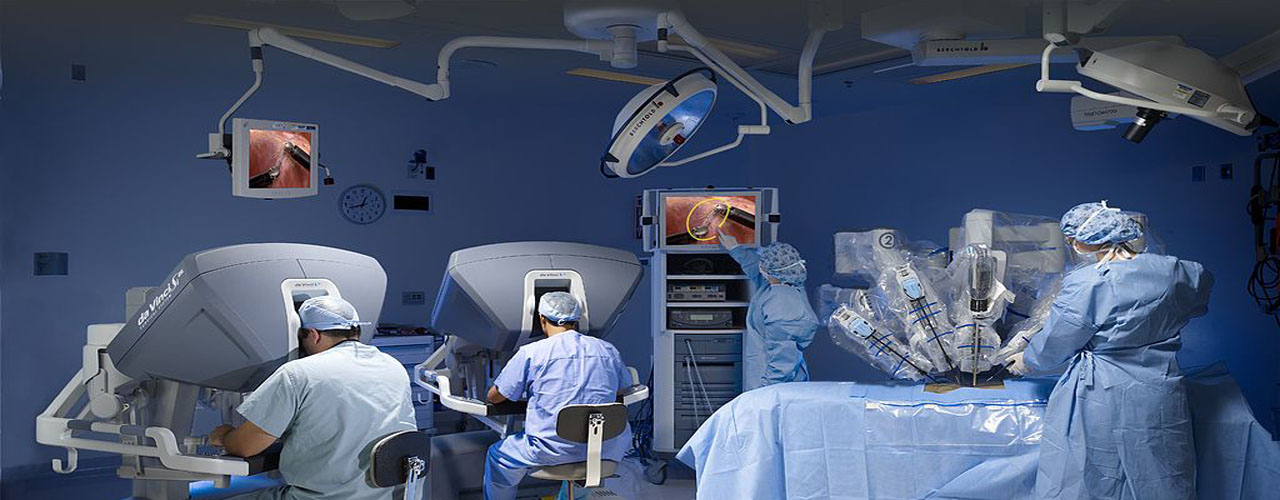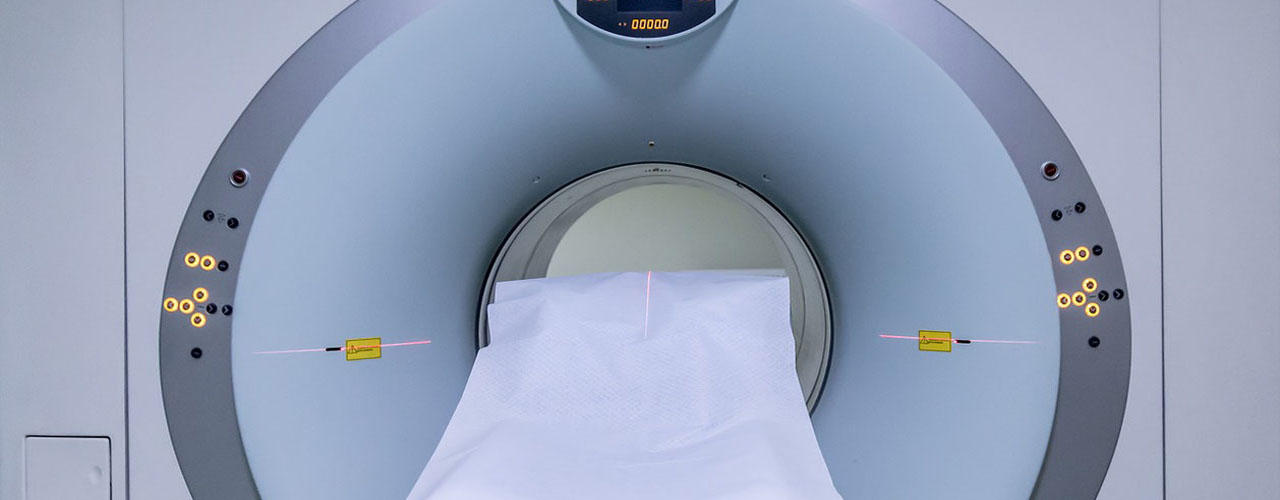DIETI Contact person / Partner: Maria Romano
Abstract
The project consists in developing an innovative ICT platform which employs gait analysis parameters for supporting neurologist in managing patients affected by the so-called Movements Disorders. Gait analysis, a 3D, non-invasive and computerized exam, allows clinician to obtain a quantitative evaluation of gait; researchers have proved how these parameters could be useful to support neurologists combined with machine learning. Of note, recently, wearable sensors and m-health apps have been employed to perform gait analysis and distinguish two forms of Parkinson’s Disease.
Objective
Design and development of an experimental system which uses as input the spatial and temporal parameters of gait analysis and employs machine learning techniques to provide neurologists with a clinical decision support system.
Download
Available
Can be assigned to one doctoral student of cycle XXXVII
DIETI Contact person / Partner: Alessandro Cilardo
Abstract
Over the past two decades, genomic has paved the way for new breakthroughs in biology and medicine. The ability to effectively handle and process genomic information, e.g. for activities like analysing and aligning DNA and protein sequences as well as generating 3D models of protein structures, is by all means crucial. The activity is focused on understanding the computational implications of next-generation sequencing approaches as well as investigating developments at the algorithm and implementation level matching the opportunities of emerging high-performance computing (HPC) accelerator-based technologies.
Objective
The main objectives of the activity will include:
- studying the computational building blocks in current genomic applications;
- investigating efficient implementation approaches based on emerging accelerator-based architectures, including GPU and FPGA devices;
- demonstrating the proposed approaches on next-generation HPC platforms, including large scale HPC facilities and/or small-scale innovative prototypes.
Download
Available
Can be assigned to one doctoral student of cycle XXXVI
DIETI Contact person / Partner: Antonio Pescapè
Abstract
Health-related analyses generate huge amounts of heterogeneous data. Obtaining knowledge from these “big data” is both challenging and promising for data-driven medicine, that can benefit from AI tools to infer models for such complex problems. The PhD research activities will include model design, optimization, and validation, applied to prospective and retrospective studies, with the support of the MS partner (including data sanitization operations, and resulting analysis and validation). The PhD student will spend at least six months abroad working under the guidance of one or both our foreign partners, University of Warwick (UK) and University of Saint Louis (US).
Objectives
Main goals include the development and application of innovative approaches to prospective and retrospective studies, aimed at modeling the complexity of infectious diseases. The approaches will be supported by AI and Big Data technologies.
Download
Available
Can be assigned to one doctoral student of cycle XXXVI
DIETI Contact person / Partner: Paolo Maresca
Abstract
Starting from structured and structured medical data, cognitive computing approaches has the aim to derive results and correlations that can be used later with widely validated statistical strategies such as standard and network meta-analysis. The Standard Metanalysis and the most advanced Network Metanalysis, was used in an original research conducted at the Operative Unit of Neuroncology / Rare Tumor Regional Center of the AOU Federico II
Objective
Acquire structured and unstructured data, and implement flows and components shown in the architecture above
Download
Available
Can be assigned to one doctoral student of cycle XXXVI
DIETI Contact person / Partner: Giorgio Ventre
Abstract
Multidisciplinary Prostate Cancer Units are designed to facilitate cross consultation and joint decision-making based upon diagnostic evidence to patients. At present, substantial gaps exist in their ability to accurately predict outcome and to counsel patients on short-mid and long-term treatment options. We propose to derive a Quality of Life factor through artificial intelligence and Big Data analytics, collecting, and analyzing data from 3 National Institutions, to understand how a patient’s quality of life changes over time according to type of treatment received and disease progression, also taking into account comorbidities and their own progression.
Objective
Derive a Quality of Life factor through artificial intelligence and big data analytics, to create a comprehensive patient profile that will ultimately save time, consolidate knowledge, give emotional support, provide measurement of physical and mental health, and personalized treatment.
Download
Available
Can be assigned to one doctoral student of cycle XXXVI
DIETI Contact person / Partner: Maurizio Boccia
Abstract
Nowadays electronic medical records, billing, clinical systems data from wearables and various pieces of research provide huge amount of healthcare information. Careful analysis of these data can lead to smarter decisions, better patient care and cost savings. In this context the development and usage of analytics and data science techniques represent a valuable decision support tool for the improvement of the clinical care activities and prevention of disease or health incidents.
Objective
Main objectives are the processing and development of data science techniques for:
- drug discovery and quick/precise diagnosis by the processing of clinical and laboratory reports;
- healthcare cost reduction and resource exploitation optimization (room usage, personnel scheduling, device maintenance, etc.)
Download
Available
Can be assigned to one doctoral student of cycle XXXVI










